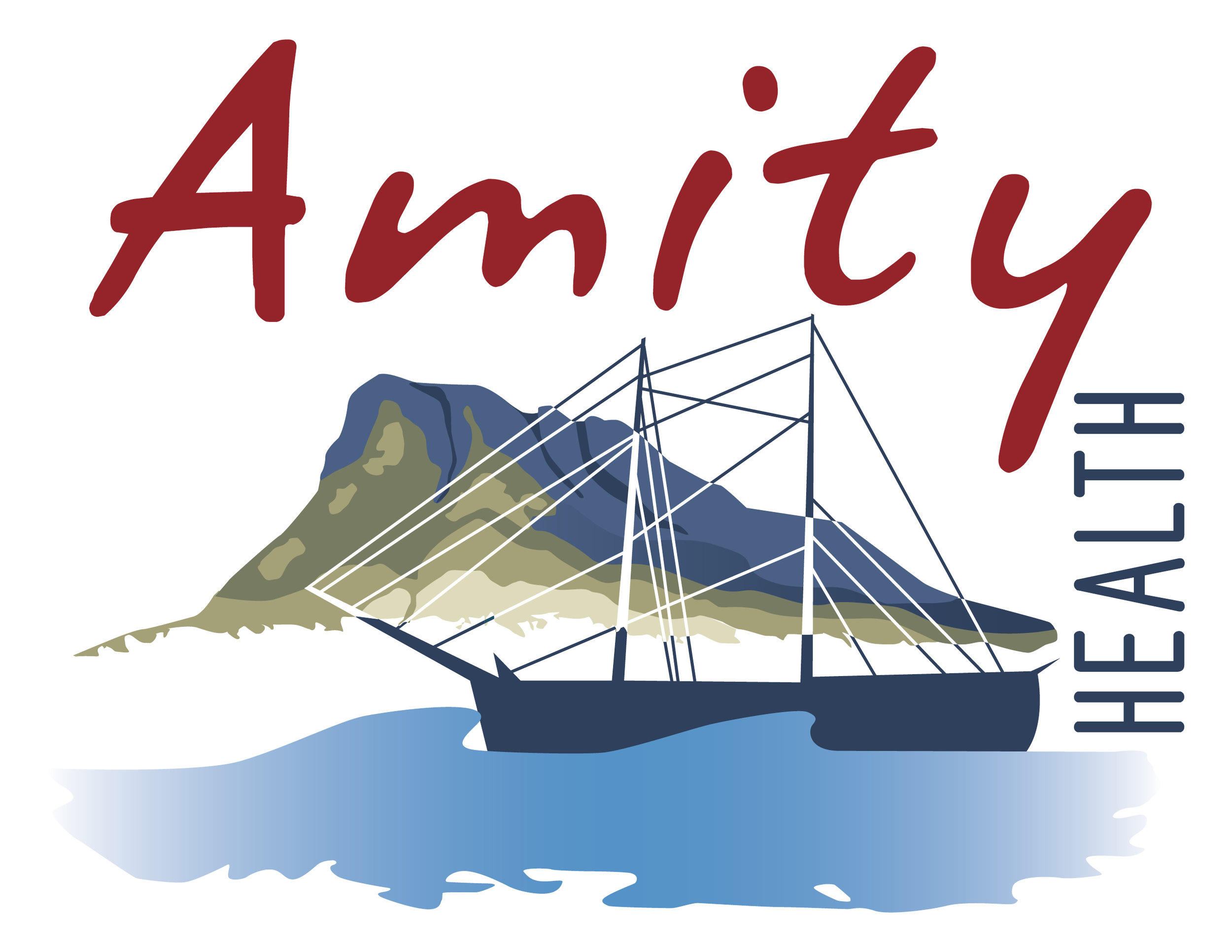How to Support the Mental Health & Wellbeing of our Children
The current situation around the world has bought on many challenges and changes to children and young peoples’ lives. The biggest hurdles children and young people face today are with their mental health and overall wellbeing. It’s important to encourage children and young people to discuss and find strategies to look after their wellbeing and mental health.
Here are some tips that may help to support children and young people.
HAVE A CHAT
Like riding a bike, talking about our mental health takes time and practice. Mental health discussions shouldn’t be thought of as an emergency conversation, but rather a casual routine conversation, or a ‘check-in’.
This starts with you.
Children and young people are very observant and perceptive. If they see their parents/guardians or loved ones bottling up their negative emotions they will learn to do the same and rationalize it as a taboo topic.
Instead sit down with them and have a casual conversation, start with your emotions, thoughts, and behaviours and explain the reason why you feel the way you do, for example “I’m feeling anxious because of……..”.
This way, your child/young person will observe and understand it’s okay to talk about their negative emotions and wellbeing, whether it’s verbal, drawing, play, storytelling etc. Let them be creative and provide them with the space to vent.
SUPPORT
Encourage your children and young people to branch out to seek and form a supportive network whether it’s with their peers, teachers, extended family members, other trusting adults or even their teddy bear.
Encourage and reassure them there are people on their team who are there for them, who will listen without judgement, offer support, presence and a helping hand.
Additionally, encourage and reassure them to be resilient and re-examine or re-discover their coping techniques. You can ask questions like:
“Has this happened before? What did you do? What was the result? How might you use that now in this current situation?”.
This will help them to recognize and recall their coping strategies, making it easier for them to implement and access in the future.
The biggest trick is to listen to your child/young person. Do not react too strongly to what is being said. Do not rush into ‘advice mode’ too quickly, which could make them back away.
Listen to them, empathise with them, let them vent, let them approach you and when they do, reassure them that this is a safe space for them to feel secure. They will surprise you with their insight and you will enjoy watching them grow.
If you or your child/young person would like more information and or support, have a conversation with your GP and check out some online support services, resources, and apps such as:
Headspace - 1800 650 890
Provide tailored mental health support from 12 – 25-year-olds. The focus is to provide early intervention services at time of need. Many online resources available on their website.
Kids helpline - 1800 551 800
Anytime, any reason. Provide mental health services from 5 – 25 years old. The aim is to provide tailored practical and emotional support 24 hours, 7 days a week.
Lifeline – 13 11 14
24-hour crisis support and suicide prevention service.
ReachOut
One of Australia’s leading mental health online organization for young people and their parents. It is accessible at anytime and pretty much anywhere. Check out the ‘Check in with yourself’ quiz, where you will be led to resources and tips relevant to you and your situation.
As the only medical research in Australia investigating mental health across the lifespan. The aim is to create a mentally healthier world for everyone. The institute contains research programs, resources, support, educational services and digital tools and apps.
Recommended mindfulness apps
Calm – guided mindfulness meditation
Smiling Mind – great for beginners
Insight Timer – guided meditation for stress, relationships, healing, sleep and many more
Headspace – “gym membership for the mind”
Click below for more information on Amity Health’s mental health service options for children.
Guest Author: Angeline Amrutha Raj (Mental Health Clinician - Amity Health)
Date: October 2021


